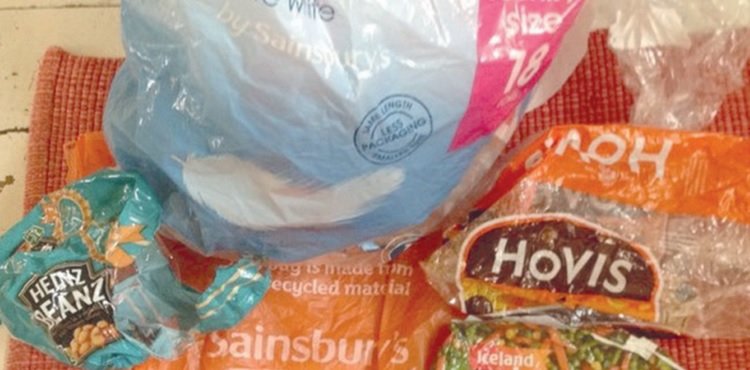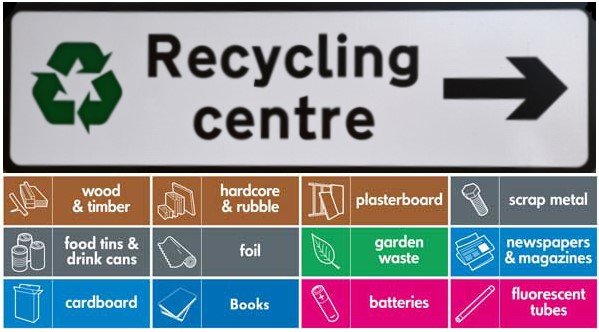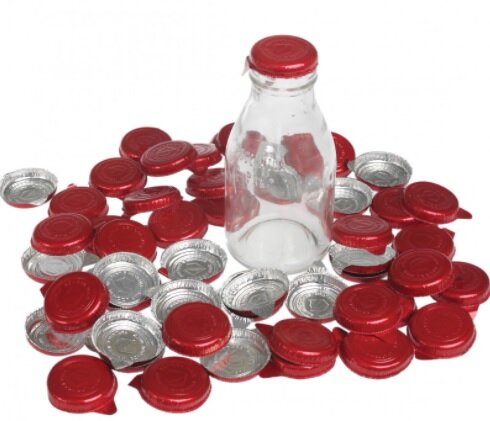Recycling tips for West Sussex
WSCC Recycling Ambassador Colin McFarlin regularly shares his knowledge with the community on the tricky matter of recycling in our domestic blue bins. We, here at Lindfield Life, will be collecting all his invaluable tips and tricks and displaying them here on this handy online guide. We aim to add a new recycling tip every month, so be sure to check back.
All the information collected here was correct at the time it went to press. To check it is still correct please email the editor at editor@lindfieldlife.co.uk.
Important note: All items for recycling should be:
Clean - free from food and drink leftovers
Dry - keep your recycling bin lid shut
Loose - no plastic bags.
Did you know that you now need to book an appointment to visit a recycling centre in West Sussex?
This is to cut down on long queues and give our staff more time to offer help and give you recycling advice. Here are the key points...
- Appointments are available 14 days in advance. www.westsussex.gov.uk/BookToRecycle
- You need to provide the registration number of the vehicle you will be attending the centre in when you book. If you are hiring a vehicle and this is unknown, you will be asked to show the hire paperwork at the centre.
- You need to provide the registration number of the vehicle you will be attending the centre in when you book. If you are hiring a vehicle and this is unknown, you will be asked to show the hire paperwork at the centre.
- Anyone using a Recycling Centre is still required to provide proof of residency in West Sussex. You will still need to show one form of identification.

















































